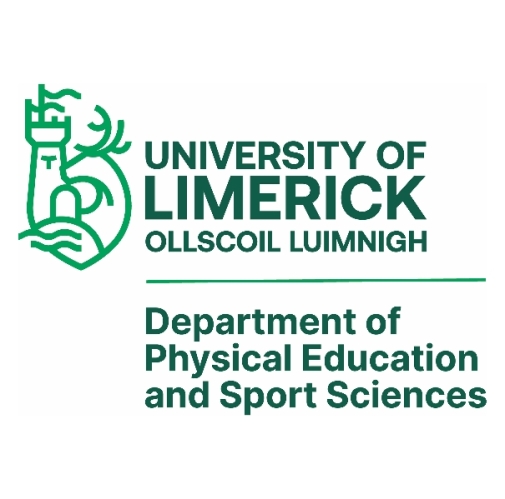Our research group here in the Physical Education and Sport Sciences Department at the University of Limerick examine the effects of resistance exercise training on mental health outcomes.Currently we are running a 12-week randomized controlled trial of resistance exercise training. This current trial expands on a previous 8-week interventions which found clinically meaningful reductions in severity of generalized anxiety disorder and moderate reductions in other related symptoms among young adults. Within this project, I am investigating the extent to which outcome expectations of psychological responses to exercise influence the effects of guidelines-based resistance exercise training (RET) on signs and symptoms of Generalized Anxiety Disorder (GAD) in young female adults. Why outcome expectations? Previous research of exercise interventions has largely omitted the investigation of psychological outcome expectations, which are a crucial factor to consider when developing and implementing successful exercise training programs (1). Due to the inability to blind participants to exercise treatment it is important to account for the potential impact of psychological outcome expectations on anxiety responses (2; 3). To identify the mechanisms by which resistance exercise potentially reduces anxiety it is important to rule out an association between expectations and actual anxiety response. Why generalized anxiety disorder? Young adults, specifically females, have been identified as the most susceptible to experiencing anxiety disorders such as GAD (4). Alongside this, young adults with GAD are also at high risk of physical inactivity (5). Given the economically costly and debilitating nature of anxiety disorders there is a substantial need for time and cost-effective treatments (6). What’s to be “expected”? I have modified the Expected Psychological Outcome of Exercise Questionnaire to specifically focus on acute resistance exercise and resistance exercise training and have been implementing this throughout our current trial. We aim to account for demand characteristics using this specific measurement and we hypothesize that there will be associations between expectations of outcomes in psychological responses and actual anxiety and mood related responses to both acute and chronic resistance exercise. If you would like any additional information, please contact: Jennifer Rice (PhD researcher) Email: Jennifer.rice@ul.ie Darragh O’Sullivan (PhD researcher) Email: Darragh.osullivan@ul.ie
1. Kirsch, I. (1997). Response expectancy theory and application: A decennial review. Applied & Preventative Psychology, 6, 69-79. https://doi.org/10.1016/S0962-1849(05)80012-5 2. Szabo, A. (2013). Acute psychological benefits of exercise: Reconsideration of the placebo effect. Journal of Mental Health, 22(5),449-455. https://doi.org/10.3109/09638237.2012.734657 3. Boot, W.R., Simons, D.J., Stothart, C. & Stutts, C. (2013). The pervasive problem with placebos in psychology: Why active control groups are not sufficient to rule out placebo effects. Perspective Psychological Science, 8(4), 445-454. https://doi.org/10.1177/1745691613491271 4. World Health Organisation, 2017. Depression and Other Common Mental Disorders: Global Health Estimates, 2017. WHO/MSD/MER. http://refhub.elsevier.com/S0165-0327(20)33253-5/sbref0044 5. Olthius, J.V., Watt, M.C., Bailey, K., Hayden, J.A. & Stewart, S.H. (2016). Therapist-supported internet cognitive behavioural therapy for anxiety disorder in adults. Cochrane Database of Systematic Reviews, 3(3). https://doi.org/10.1002/14651858.CD011565.pub2 6. McDowell, C.P., Dishman, R.K., Gordon, B.R & Herring. M.P. (2019). Physical activity & anxiety: A systematic review & meta-analysis of prospective cohort studies. American Journal of Preventative Medicine, 57(4), 545-556. https://doi.org/10.1016/j.amepre.2019.05.012
|
Jennifer Rice is a PhD student in the Department of Physical Education and Sport Sciences at the University of Limerick.
Contact: Jennifer.rice@ul.ie Follow on twitter: @JenniferMayRice ORCID

